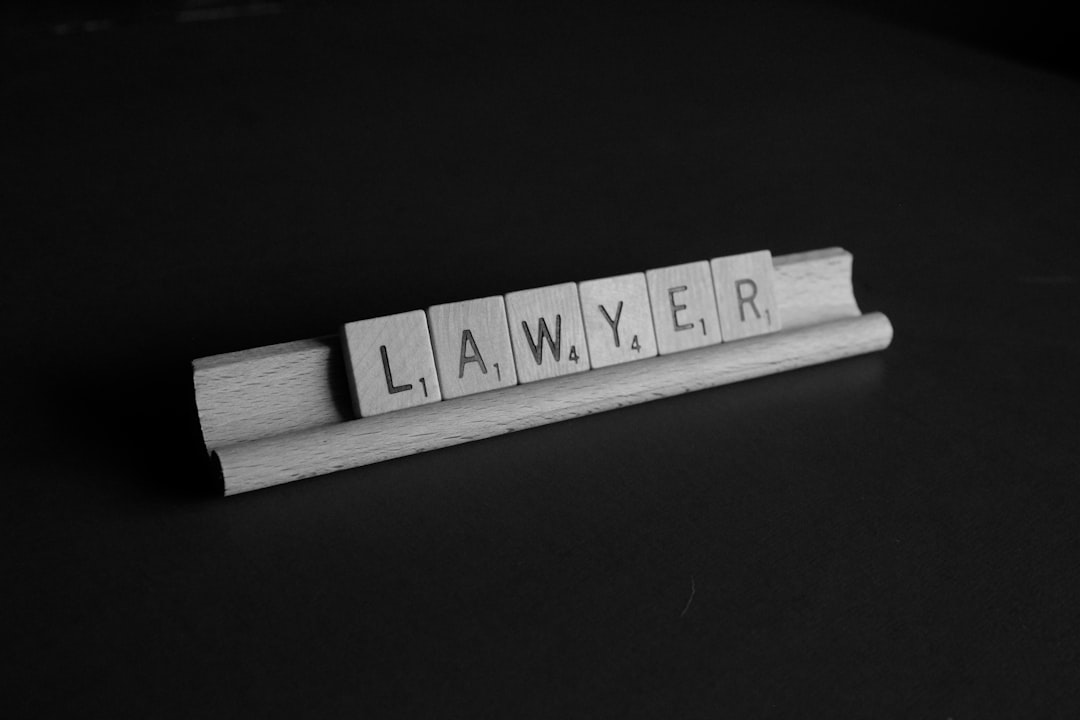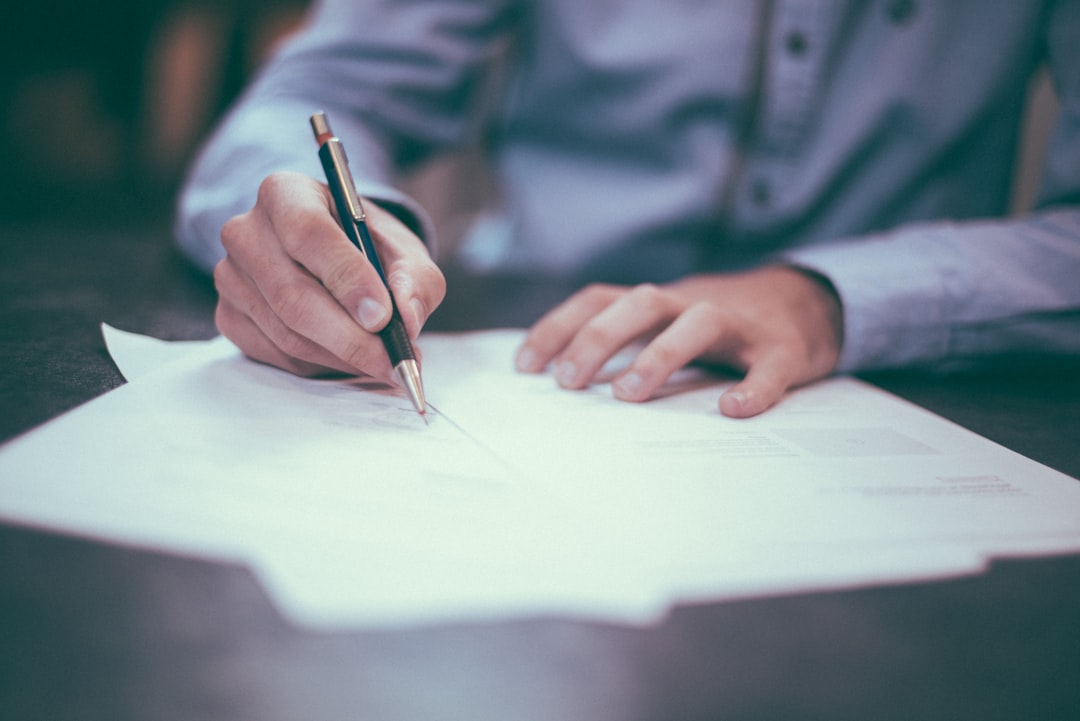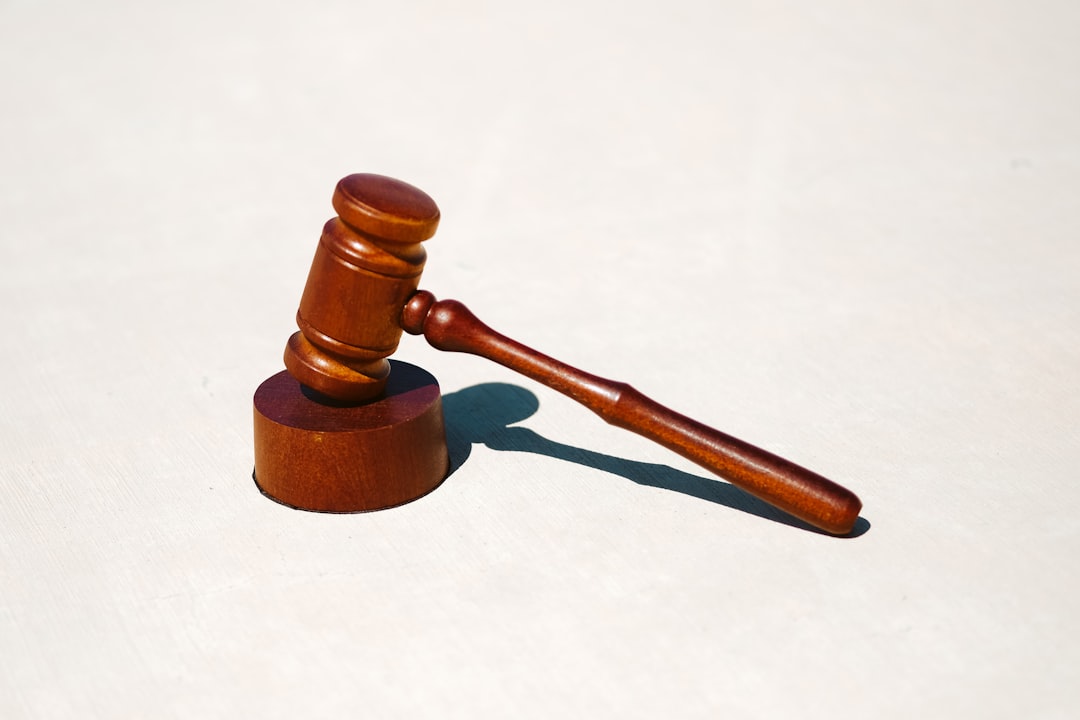Cultural competency is a vital asset for sexual assault attorneys in Seattle, WA, to provide effective support and justice for diverse survivors. With Seattle's culturally rich landscape, including Indigenous and immigrant communities, tailored training is essential to address systemic barriers. Interactive workshops, trauma-informed practices, and real-world scenario role-playing are best practices for educating responders on cultural nuances, intersectionality, and community needs. Regular updates and peer learning ensure sexual assault attorneys in Seattle WA are equipped to gain marginalized survivors' trust and offer tailored legal assistance.
In Seattle, WA, the importance of cultural competency training for sexual assault responders cannot be overstated. This essential program equips professionals with the knowledge to provide sensitive, effective support to survivors from diverse backgrounds. However, existing training programs face challenges in addressing the unique needs of Seattle’s multicultural community. This article explores these gaps and offers best practices for comprehensive cultural competency training, emphasizing the role of sexual assault attorneys in facilitating healing and justice for all survivors.
Understanding Cultural Competency in Sexual Assault Response

Cultural competency is a vital aspect of providing effective support and justice for survivors of sexual assault, especially in diverse communities like Seattle, WA. With a growing awareness of the impact of cultural factors on individuals’ experiences and responses to trauma, it’s essential for sexual assault responders—including attorneys, law enforcement, and healthcare professionals—to be well-versed in this area. This understanding ensures that services are accessible, respectful, and tailored to meet the unique needs of survivors from various ethnic, racial, cultural, and socio-economic backgrounds.
In the context of Seattle, with its rich cultural tapestry, recognizing and addressing cultural competency is more than just a best practice; it’s a necessary step towards creating an inclusive and supportive environment for sexual assault victims. For instance, a sexual assault attorney in Seattle WA must be adept at navigating cultural nuances to advocate effectively for their clients, ensuring that legal processes are understandable and sensitive to personal beliefs and community standards. This approach fosters trust and encourages survivors to come forward, seeking the justice and healing they deserve.
Challenges and Gaps in Seattle's Current Training Programs

Seattle, a vibrant city known for its progressive values, has been making strides in improving its response to sexual assault cases. However, despite efforts, challenges and gaps remain in the current training programs for sexual assault responders. One significant issue is the lack of cultural competency training tailored to the diverse communities within Seattle. With a growing population from various ethnic and cultural backgrounds, including many Indigenous people and immigrants, it’s crucial that sexual assault response teams are equipped to serve this diverse range of victims effectively.
The existing programs often fail to address the unique needs and experiences of marginalized communities, such as LGBTQ+ individuals and people of color. This lack of inclusion can lead to mistrust and hinder victim outreach. Furthermore, Seattle’s geographical location makes it essential to consider cultural nuances specific to its indigenous tribes and coastal regions. A sexual assault attorney in Seattle, WA, highlights the importance of these considerations in ensuring that survivors from all backgrounds feel safe and supported during what is already a traumatizing experience.
Best Practices for Effective Cultural Competency Training

Cultural Competency training is a critical aspect of preparing sexual assault responders in Seattle, WA, to serve diverse communities effectively. Best practices for such training should involve interactive workshops that encourage open dialogue and emotional safety among participants. These sessions must go beyond surface-level discussions about race, gender, and culture, delving into systemic issues and the intersectionality of various identities. Facilitators should adopt a trauma-informed approach, ensuring that every participant feels respected and valued, fostering an environment conducive to learning and growth.
Incorporating real-world scenarios tailored to Seattle’s cultural landscape is essential. These scenarios should challenge responders’ assumptions and biases while providing opportunities for critical thinking and role-playing. Regularly updating training materials to reflect current community needs and trends, including the evolving legal framework surrounding sexual assault cases, is vital. Moreover, peer learning and mentorship programs can enhance understanding by allowing professionals from diverse backgrounds to share their unique experiences and insights, benefiting the overall effectiveness of cultural competency training for sexual assault attorneys in Seattle WA.






